10 May The Case for Classical Education
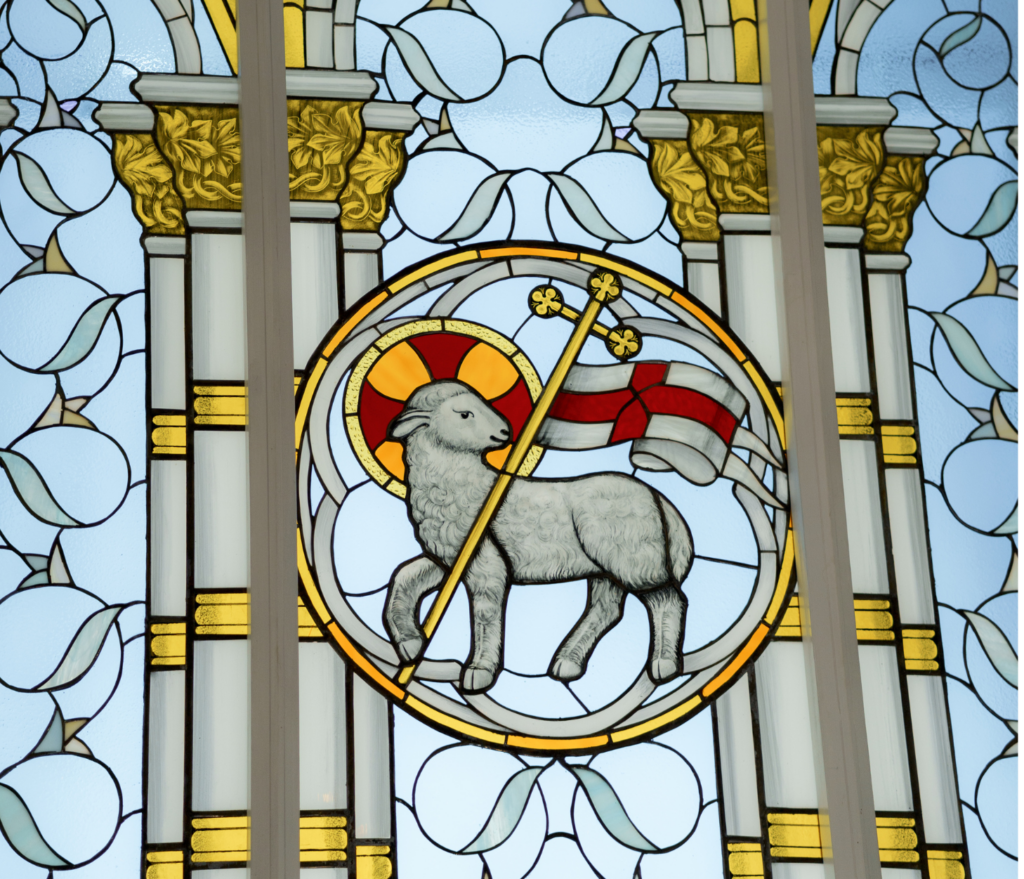
By Kyla Archamboult, Guest Author and MLCA Parent
Two Questions
What do you want to exist even if you don’t? What are you doing about it? When I heard John Vervaeke, a cognitive scientist and public intellectual, pose these questions in a podcast, I began thinking about the kind of life I wish for my adult children, their children and their children’s children. Among other things, I want them to love God, love themselves, and to be mentally, physically, and financially healthy for all the years that God has planned for them. Ultimately, our children are on loan from God, but we, their parents, have been charged with “Training them up in the way they should go, so that even when they are old they will not depart from it. (Psalms 22:6).

How We Found Classical Education
Seven years ago, when my oldest was three, and despite the fact that there was no evidence that my husband and I would be able to do anything other than public school—we investigated private education options anyway. Our concerns were avoiding Common Core math and reading in the early years. For the later years we were looking for a school that focused on how to think, not what to think. We stumbled upon a classical school 15 minutes from our house. We fell in love during our tour.
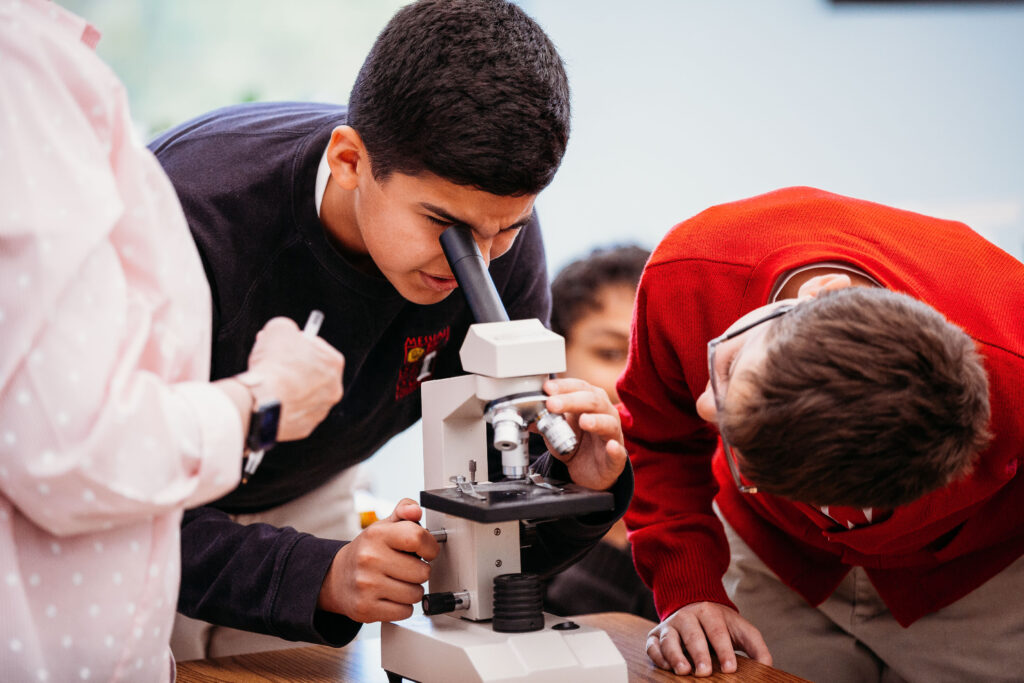
We had a year before Emery could begin Pre-K there, which gave God time to work literal miracles in our lives. It was a school where teachers partnered with parents to “teach [children] in the way they should go.” The school struck a balance between religious teaching and academics. They approached math and reading in the same way math and reading had been taught successfully for thousands of years. And after doing our research we knew that this model— this Classical Christian Model of Grammar, Logic, and Rhetoric would partner with us to train our kids how to think.
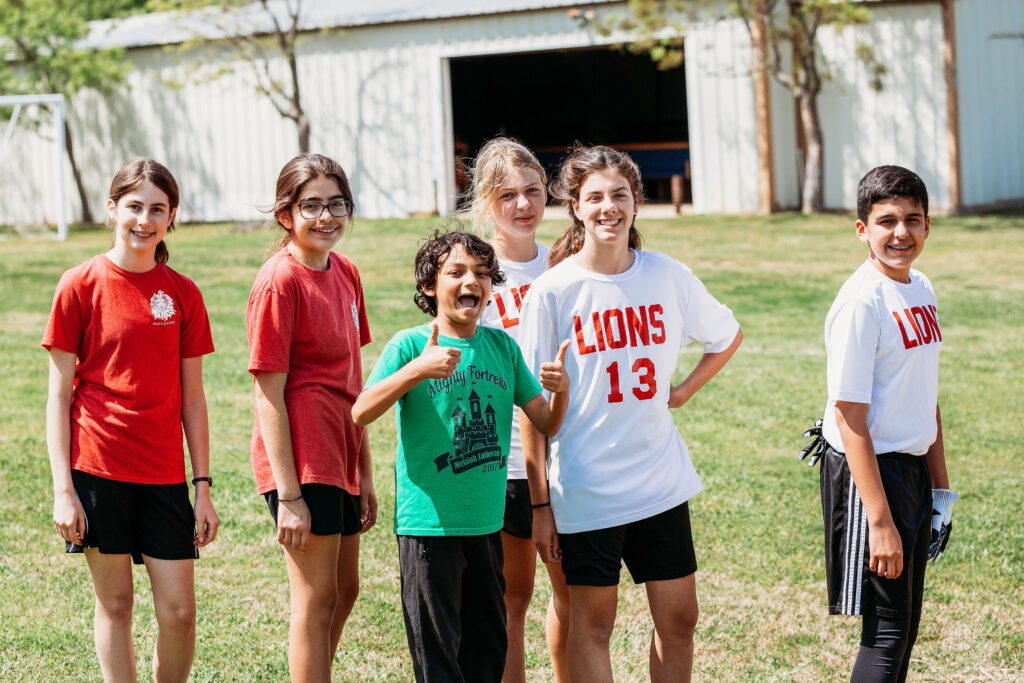
Critical Thinking: An Offensive Plan
Children eventually turn 18 and become adults in the eyes of the law. They become adults whether or not they’ve cultivated any critical thinking skills. And oftentimes it’s a couple years before that when they start to tune out their parents—so we don’t get much time to make our impact. The best defense is a good offense, and critical thinking is the best defense against bad ideologies.

There seems to be a huge market for bad ideology these days—ideas that are destructive to individuals and families and whole societies. This scares me more than any other tactic the Enemy uses. Since we cannot think for the next generation, our children must conclude for themselves that Christ Saves, that marriage and family are good, and that they should love themselves enough to tend to their physical, spiritual, emotional, mental, familial and financial health.
A Philosophical Case
The life path people follow depends on conclusions to serious questions. The answers are overtly and covertly found in our input. That is, the people we listen to, the information and entertainment we read and watch. They are questions like: Does God exist? Is the Bible true? What’s the purpose of life? Do I have a purpose? Does God love me? Why does evil exist? Is there such a thing as right and wrong? How do I know what I know? Is truth real? How do I know what is true?

Some people seek these questions directly, some don’t. But consciously or unconsciously, our minds hold the answers, even if we cannot verbalize our thoughts as clearly as we wish. How we’ve answered these questions is evident in our choices. And the choices we make, make us. So even when we cannot articulate why we “just know” something to be true, it turns out that it’s really important that what we believe is also in fact, True. Basing your life’s philosophy on a lie is at best counter-productive and at worst, fatal. Classical Christian education helps students answer these very deep questions by pointing to biblical truth, reason and virtue.
A Pracitical Case
Besides the philosophical, there is a more practical set of problems to address:
Understanding legal documents.
Although first graders reciting the Lord’s Prayer in Latin doesn’t seem like it would inherently change your understanding of, say, a credit card application, it is a building block to reading and comprehending the language of Law. Our contracts and consent forms are still full of Latin terms today, as are the fields of Science and Medicine.
How about understanding what a good argument looks like?
When one develops discernment, no one and no thing (I’m thinking of you, AI) can pull the wool over your eyes. So few of our institutions are trustworthy these days. Graduates should leave school able to tackle source material, do research, and come to their own conclusions.

By following the Logic and Reasoning in what you are reading, you protect yourself from policies, politics, testimonies from experts, and scientific studies that sound legit, but are actually paper thin and fall apart under the slightest scrutiny. This is important whether you are a lawyer or a plumber. This isn’t about career training or college preparation. Discernment is a necessary life skill that allows you to participate in our democracy as a well-informed citizen.
How about being a lifelong learner?
This skill allows you to pivot should a new technology come along and threaten your livelihood. Graduates of Rhetoric school master the subject of learning how to learn. Because they can apply the tools of learning to any subject they desire, they can teach themselves anything and can do it quickly. For the classical student, when you say “you can do anything you set your mind to” it’s actually true. This absolutely includes technical skills we fear our Classical, screen-free kids will be “behind” in.
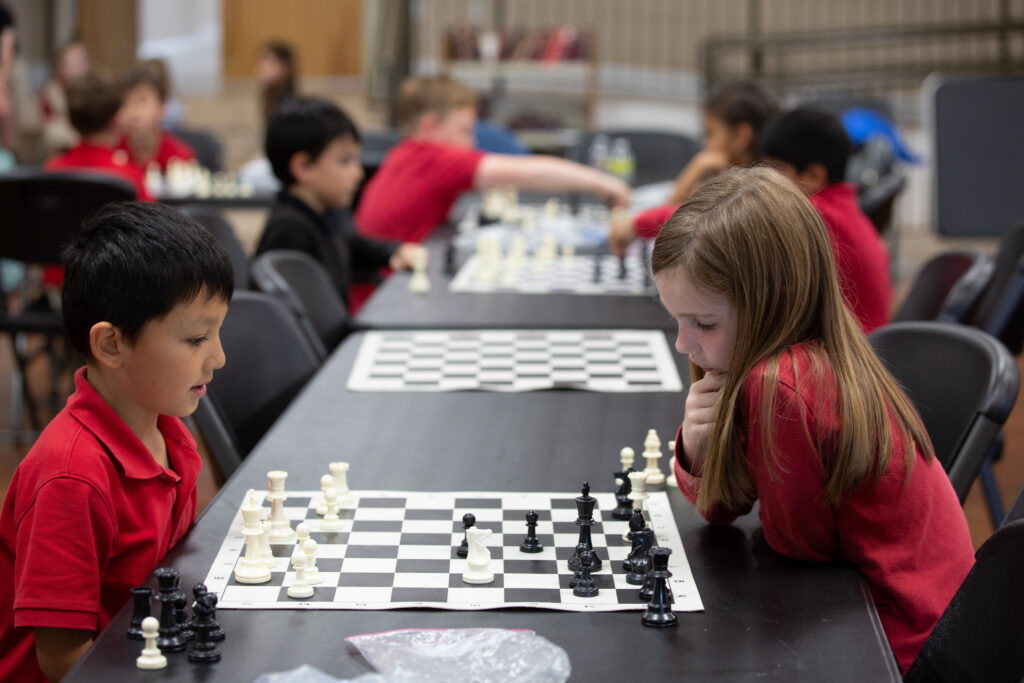
How about Knowing and Defending?
A private Christian classical school, no matter how small it is—does not shelter children from the world, or from difficult subjects. It confronts divisive topics head on in an environment that supports lively discussion so that students know where they stand before the “world” asks them— or worse, tells them what they should think. Classical schools are combat training grounds for the culture war they will enter whether we like it or not. And when a Rhetoric school graduate enters the world, they’re ready to take on anyone and anything. The next generation of citizens and leaders needs a backbone you can see from the front.
Tomorrow vs. Yesterday
You see we, and recent generations that came before us have benefited from the cultural capital of the Classical Christian Education our ancestors had— the type of education that abounded when education needed no qualifier. Even 30 years ago there were hedges of protection in our society that we did not know about. We shared community values. There was at least what we’d call “Cultural Christianity,” even among atheists.

Final Thoughts
Classical Christian principles and Western ideals are the ones that I want to exist even if I don’t. What I can do about it is support institutions that help parents to raise the next generation of thinkers to bring these ideas from the fringe back to the center of our culture where they belong. So that we can have Scientists, engineers, professors, politicians, doctors and researchers that continually ask the moral question, “should we?” Even when the answer to the practical question, “can we?” Is an emphatic, “yes.” I’ve met graduates of Classical schools. They’re remarkable. The headmaster at our previous school noted that Classical students are often promoted to leadership positions not long after they start their careers because of their people skills, strategic thinking, and ability solve complex problems.
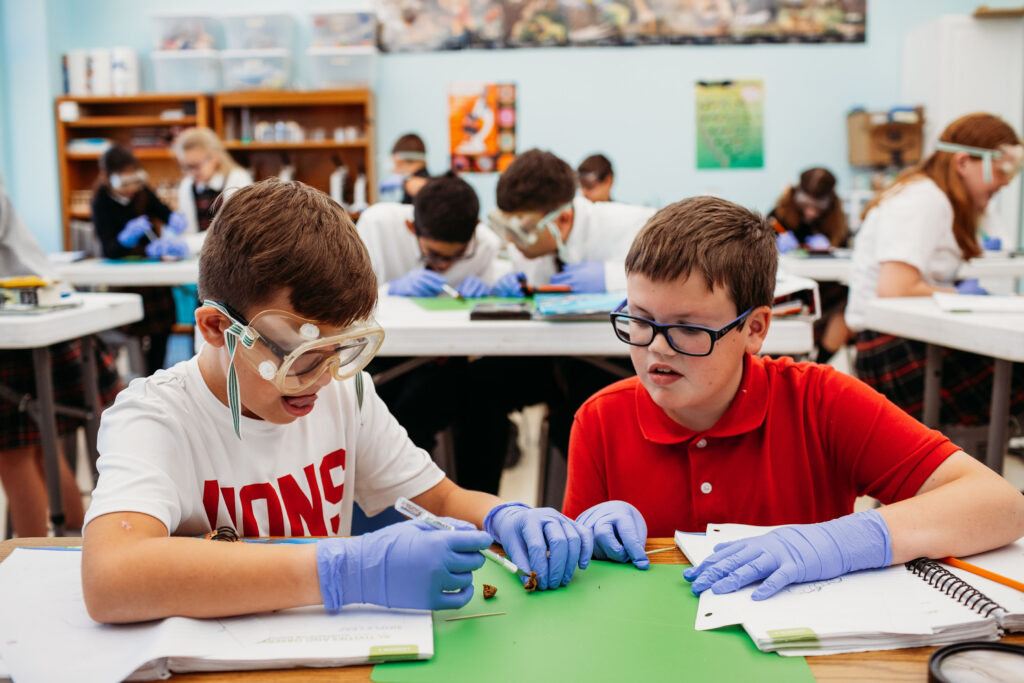
The Association of Classical Christian Schools published a study back in 2019 that charted life outcomes by types of education and the classical model came out on top. If you’d like a link to that study, I’d be happy to send it to you. And I would encourage you not to take my word for it tonight, but to be a good example to your classical student and do a good study. Think about what you want to exist in the world even if you don’t, and what you can do about it. See for yourselves the treasure that your family has ahold of.
Thank you for taking the time to read this article. For more articles from MLCA, go to https://mlcatexas.org/blog/.
Special thanks to our guest author and MLCA parent, Kyla Archamboult, for contributing to our MLCA blog posts.
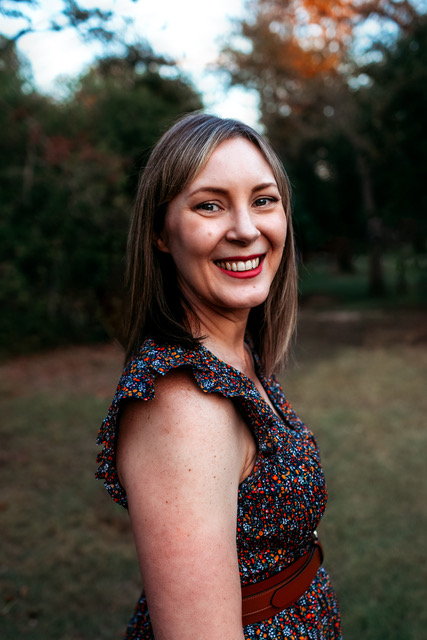
.
